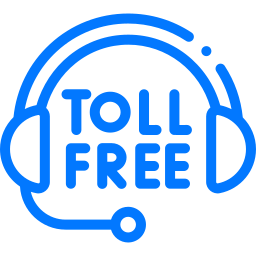With developments in technology coming almost every day, it’s no surprise that self-driving vehicles are becoming much more popular for people everywhere.
But this raises some questions: are self-driving cars completely reliable and will the technology make split second decisions like humans can while driving? The answer to these questions impacts the risk insurance companies are taking with insuring these vehicles. Here’s what you need to know.
What is considered, is a self-driving car?
There are a number of different levels that could be considered self-driving.
- Driver assistance – this includes features like lane keeping assist, lane departure warnings and blind spot notifications.
- Partial automation – including features like adaptive cruise control where the vehicle will keep a speed but also slow down if the vehicle in front is not going as fast.
- Conditional automation – this includes features like rain-sensing wipers or automatic high-beams; basically, the automation is based on an external condition.
- High automation – including features like auto-pilot which uses cameras to determine where vehicles around the car are so it can switch lanes or take the appropriate exit ramps from highways; in these cases, it still requires driver interaction with steering wheel sensitivity.
- Full automation – this level would be complete A to B driving without any kind of human interaction during the trip.
How do self-driving features affect insurance?
If there is an accident today, most cases can point to a cause and a driver will (likely) be found at fault. In the event of total self-driving, who made the decision? Can a car be blamed? For these reasons, having many self-driving cars will have a pretty big impact on the auto insurance industry.
Depending on the level of automation of the vehicle, it could have a positive impact for new drivers since it will remove risk factors like lack of driving history and age of driver.
In the event of an accident, is the driver still liable? If the vehicle is driving itself, can the driver be blamed for any incidents? This is the big unanswered question that is making it difficult to determine if full automation can really be used.
Many experts believe that the amount of liability will be determined based on the level of automation of the vehicle. Completely autonomous vehicles may lead to fewer accidents because they are safer to drive, and do not have things like distracted driving to contend with. This could lead to saving more lives and decreasing the amount spent in healthcare as results of accidents – which will overall cost insurance companies less.
The downside of self-driving vehicles
Even though it has been said that fully autonomous vehicles can save lives, it could end up being more costly per claim. This is because the technology, at this time, is much more expensive to replace. So in the event that these vehicles get into accidents they could be much more costly to repair or replace if needed.
Further, these self-driving vehicles will have much more driver data available. This means policy underwriting will be much more accurate, but if you like to speed while driving it could be costly on your insurance premiums.
Overall, self-driving vehicles will have an impact on insurance in the coming years however they could also make the roads much safer meaning insurance companies will have less claims to pay out – saving the driver a little bit of money.
Contact ICD Insurance?
Do you have questions about your auto insurance or are you looking for a quote? We can help! Call us today to speak to a broker.



